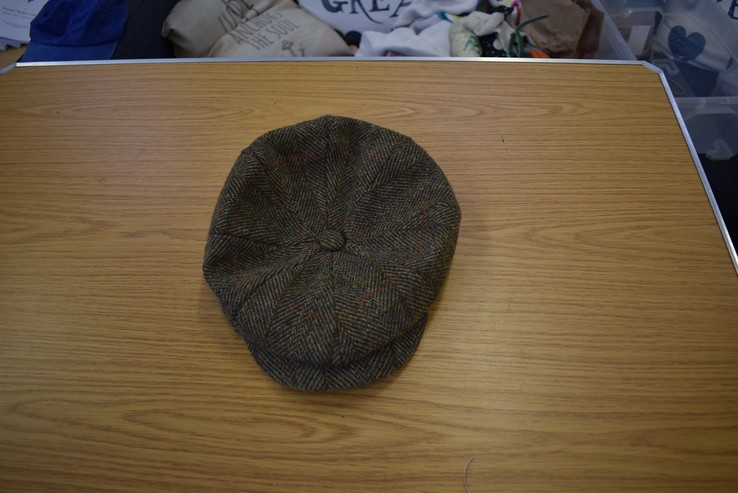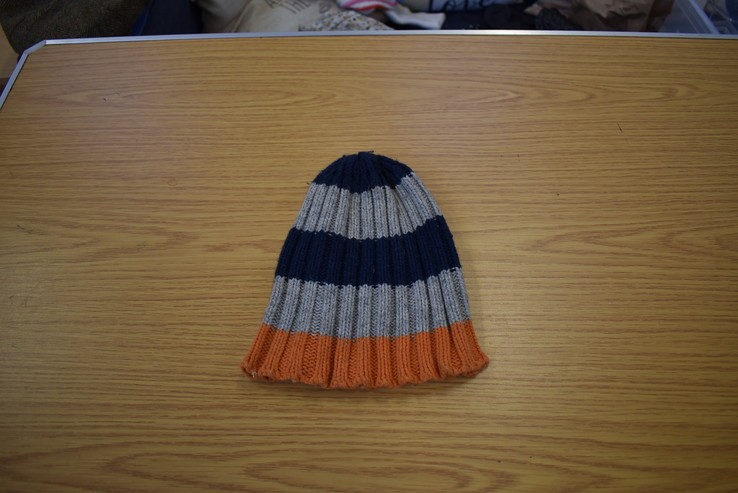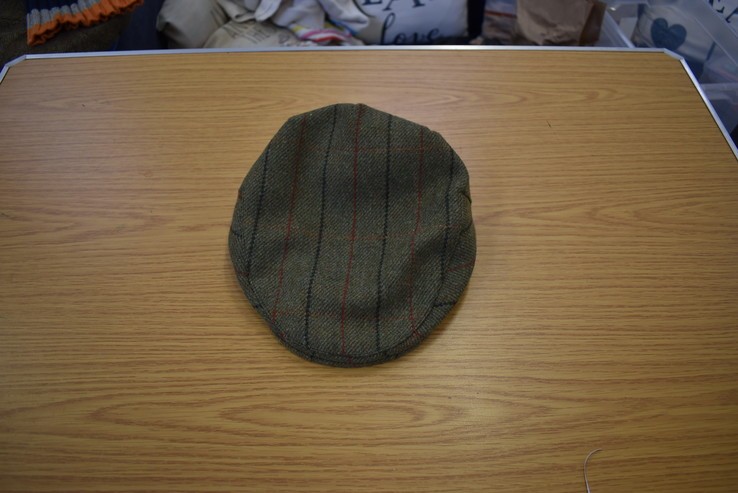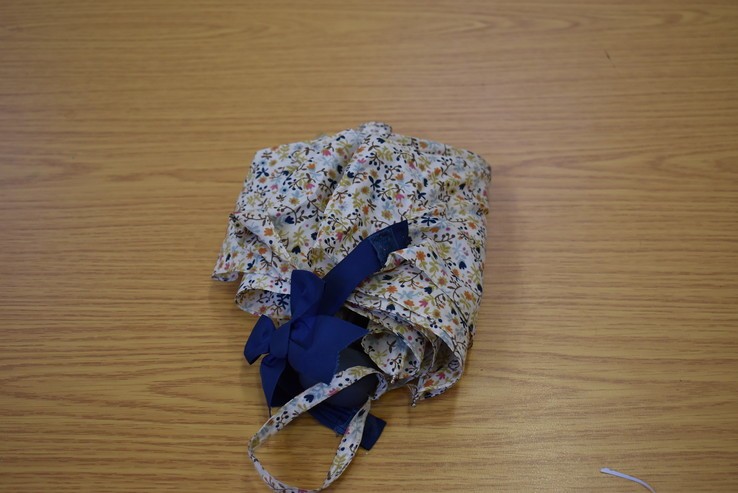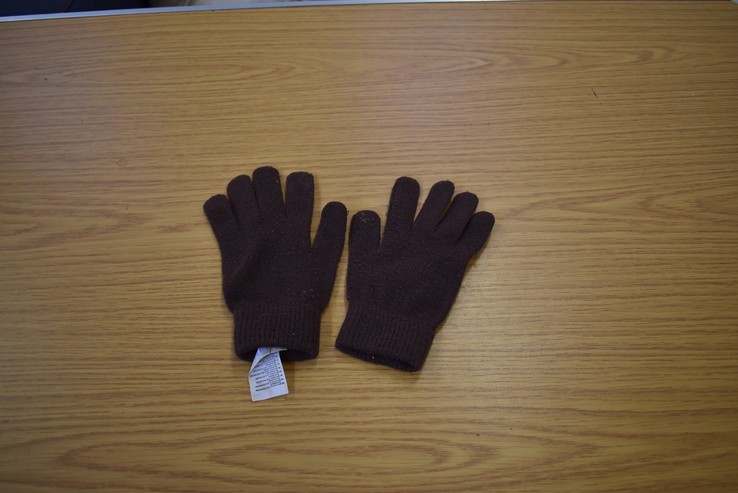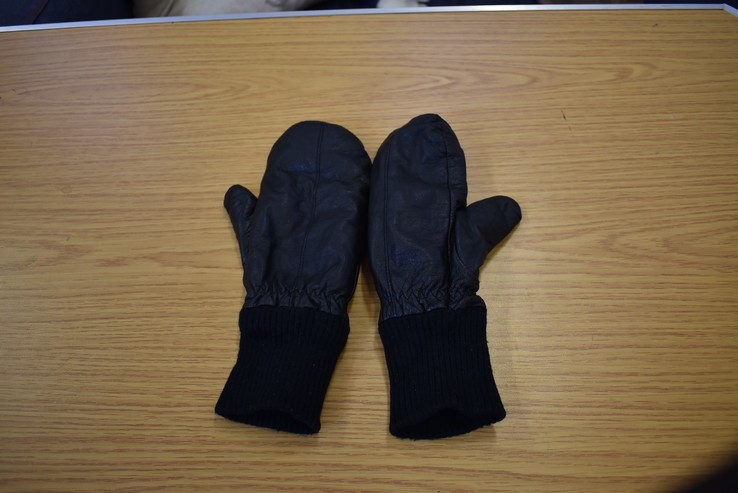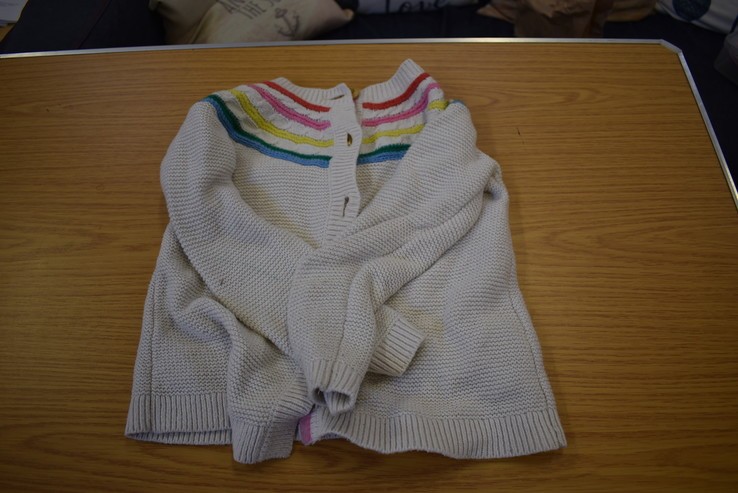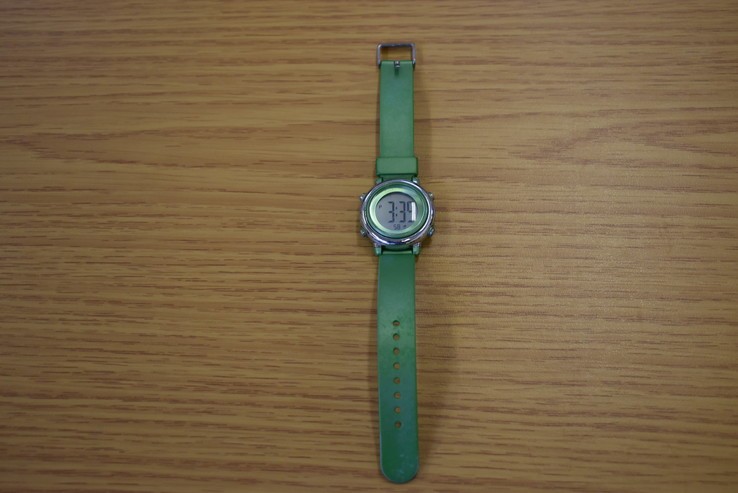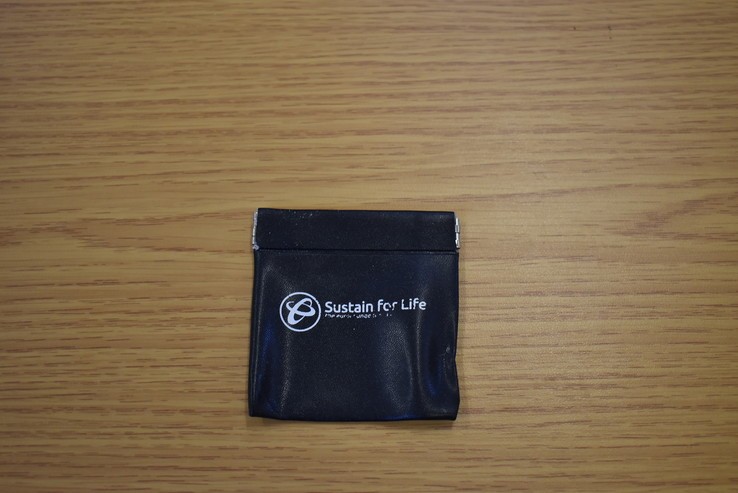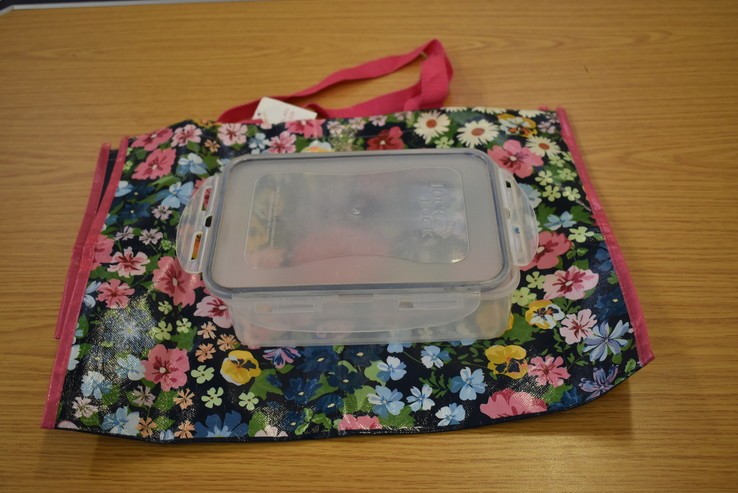Lost at St O
The photos below show all the lost property items that we have acquired at St Osmund’s in recent months. Most of these items have been with us for a while now and so anything not claimed by 10 December will be given away to charity or disposed of. Please contact the Parish Office [email protected] or Outreach [email protected] 01722 562703 to claim an item and arrange to collect it.
Vatican
Just what does it mean to be named a ‘chaplain of His Holiness’?
February 16, 2026 - 12:00pmAmong the recent appointments of Pope Leo XIV, one in particular has been made with remarkable frequency: that of “chaplain of His Holiness.” What does this honorary title mean?
In November 2025, the Holy Father bestowed this title upon his secretary, Peruvian priest Father Edgard Iván Rimaycuna Inga, officially incorporating him into the papal household, in accordance with the provisions of the 1968 motu proprio Pontificalis Domus (“Pontifical House”).
Among those who have received this distinction in recent days is Father Fermín González Melado, a diocesan priest born in Badajoz, Spain, who has resided in Rome since 2019.
With degrees in biology and the theology of marriage and family, González is an adviser to the Dicastery for the Doctrine of the Faith and a member of the clinical ethics committee at the Bambino Gesù Children’s Hospital. He has also served as vice rector of the Spanish National Church of St. James and Montserrat in Rome since 2021.
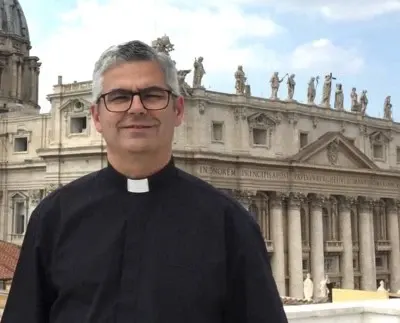 Father Fermín González Melado. | Credit: Archdiocese of Mérida-Badajoz
Father Fermín González Melado. | Credit: Archdiocese of Mérida-Badajoz
In an interview with ACI Prensa, the Spanish-language sister service of EWTN News, he explained that the title of “chaplain of His Holiness” is a recognition “granted by the dicasteries, since it is the prefects who suggest to the secretariat of state the recognition of individuals who have been working at the Holy See.”
He clarified that this “does not imply a change of job or employment status, but rather a kind of medal that recognizes meritorious work. It is an honorary title that entails a change of cassock colors and little else,” he explained.
With this appointment as chaplain, the pope also bestowed upon him the honorary title of monsignor. From now on, as a member of the papal household, the priest may wear the cassock with purple buttons and trim, along with the sash of the same color, according to protocol.
González said this title is not reserved just for the Holy See to give “but can also be granted by bishops in their dioceses after requesting it from the Vatican.”
He pointed out that there is no precise figure for the number of chaplains of His Holiness worldwide. “Some dioceses grant this honor to priests upon reaching the age of 80, in recognition of their service,” he added.
Although he has not yet been able to express his gratitude to Pope Leo XIV in person, he recalled his recent meeting with him, along with other members of the Dicastery for the Doctrine of the Faith, during its plenary assembly.
The priest told ACI Prensa that every time he meets with the Holy Father, he likes to give him “some small gift.” On the last occasion, he gave him a book and a documentary film about the Shrine of Our Lady of Sorrows of Chandavila, in La Codosera, Spain, which is in his diocese.
“It’s the first shrine and the first devotion to Our Lady of Sorrows approved in Spain under the new regulations of the dicastery on alleged supernatural phenomena,” he explained.
This story was first published by ACI Prensa, the Spanish-language sister service of EWTN News. It has been translated and adapted by EWTN News English.
Pope Leo to mark start of Lent with historic procession on ancient Roman hill
February 16, 2026 - 11:00amPope Leo XIV will preside over the traditional Ash Wednesday procession and Mass on Rome’s Aventine Hill, an important place of Christian veneration and pilgrimage for more than 1,500 years.
For the Dominican and Benedictine religious orders, whose communities have had a significant historical presence on the Aventine, the Holy Father’s Feb. 18 visit will be a special occasion to begin the Church’s liturgical season dedicated to prayer and fasting before Easter.
On the first day of the 40-day Lenten “Stations Churches” pilgrimage — formally instituted in the sixth century by Pope Gregory the Great and restored by Pope John XXIII in 1959 — the pope leads a penitential procession from the Benedictine church of Sant’Anselmo to the nearby Dominican Basilica of Santa Sabina.
“To walk with Pope Leo on this pilgrimage from the nearby Sant’Anselmo church will be a sign, a symbol, for all of us of the spiritual work that’s taking place in our hearts in Lent,” Santa Sabina resident Father Patrick Briscoe, OP, told EWTN News. “We’ll all be on pilgrimage together.”
This year, Pope Leo will preside over a short afternoon prayer service at the Benedictine monastery and then celebrate the Ash Wednesday Mass at Santa Sabina, a fourth-century basilica that was gifted to St. Dominic and the Order of Preachers in 1219 by Pope Honorius III.
“The pope himself imposes ashes on [the cardinals] during the Mass,” Briscoe added. “The cardinals stand in for the whole Church and they’re a sign of all of us joining and following the pope’s lead.”
As part of the Lenten tradition, the pope leads the procession through the main doors of Santa Sabina, which contains the oldest known artistic portrayal of Jesus Christ crucified.
“On the door we have a very important Christian symbol… It allows us to think of the meaning of Lent and to embrace the suffering of Christ,” Briscoe said.
“When we consider it from the historical perspective and the evolution of Christian understanding, we really didn’t know how to handle the cross,” he explained. “It took us a hundred years to depict it.”
“This says something to each of us entering into Lent — to discover anew what our sufferings mean and how to have them transformed by Christ’s own sacrifice,” he said.
Father Eusebius Martis, OSB, a sacramental theology professor who teaches at the Pontifical Athenaeum of Sant’Anselmo, told EWTN News the Aventine is an ideal place for prayer and pilgrimage.
“It’s really an ideal spot because it’s quiet and it’s a little bit separated but not too far [from the city center],” he said.
According to Martis, nature on the Aventine has inspired artists and pilgrims alike throughout the centuries to contemplate the death and resurrection of Jesus Christ.
“The acanthus leaf is growing all across our property here at [Sant’Anselmo],” Martis said. “It dies and it lays against the ground … completely dead until the spring [when] it comes back to life.”
“In a couple of weeks, it will start putting up flowers, which represent a bloom around Easter time,” he said.
Pointing out the reliefs of the acanthus leaf found on the Corinthian columns inside the Basilica of Sant’Anselmo, Martis said several churches across Rome purposefully depict the leaf to symbolize the Church’s belief in Jesus’ victory over sin and death.
“The architects wanted us to remember that, every time we’re at the altar, we are at Easter,” the Benedictine father said.
Pope Leo XIV, in first Roman parish visit, calls for 'disarming' meekness
February 15, 2026 - 5:04pmPope Leo XIV on Sunday made his first visit to a parish in the Diocese of Rome, celebrating Mass at Santa Maria Regina Pacis in Ostia Lido and urging Catholics to cultivate “coherence between faith and life” while opposing violence and injustice with “the disarming strength of meekness” and renewed prayer for peace.
Santa Maria Regina Pacis, located on Rome’s coast and part of the diocese’s southern sector, is the first Roman parish the pope has visited during his pontificate. The pope is expected to visit four additional parishes over the next four Sundays in the diocese’s remaining sectors.
Upon his arrival, Leo was welcomed by Cardinal Vicar Baldassare Reina and Bishop Tarantelli Baccari, vicegerent and auxiliary bishop for the southern sector. Before Mass, the pope greeted children in catechism and young people in a field behind the church, then met with the elderly, the sick, the poor, and Caritas volunteers in the parish gym.
“It is for me a source of great joy,” the pope said in his homily, “to be here and to live with your community the gesture from which Sunday takes its name. It is the Lord’s Day because the risen Jesus comes among us, listens to us and speaks to us, nourishes us and sends us out.”
Reflecting on the day’s readings, Leo said the law God gave his people is not opposed to freedom but is “the condition for making it flourish.” The Lord’s commandments, he added, “are not an oppressive law, but his pedagogy for humanity, which seeks the fullness of life and freedom.”
Jesus’ preaching, he continued, reveals “the authentic and full meaning of God’s law,” pointing to a fidelity to God grounded in respect and care for others “in their inviolable sacredness” — something to be cultivated first “in the heart.” The pope warned that it is in the heart that both “the noblest sentiments” and “the most painful profanations” take root: “closures, envies, jealousies,” by which someone who harbors evil thoughts against a brother is “as if, within, he were already killing him.”
“We must remember,” Leo added, “that the evil we see in the world has its roots precisely there, where the heart becomes cold, hard, and poor in mercy.”
The pope said such realities are felt “also here, in Ostia,” where violence can wound, sometimes taking hold among young people and adolescents, “perhaps fueled by the use of substances,” or through criminal organizations that exploit people and draw them into wrongdoing.
In response, he urged the parish community to continue working “with generosity and courage” to sow “the good seed of the Gospel” in the neighborhood.
“Do not resign yourselves to the culture of abuse and injustice,” the pope said. “On the contrary, spread respect and harmony, beginning by disarming language and then investing energy and resources in education, especially for children and youth.”
Addressing the young in particular, Leo expressed the hope that they would learn in the parish “honesty, welcome, and love that overcomes boundaries,” as well as the ability to help those who do not repay them and to greet those who do not greet them — learning to go toward everyone “freely and gratuitously.”
“Learn coherence between faith and life, as Jesus teaches us,” he said.
In concluding remarks, the pope recalled that Pope Benedict XV gave the church its title, “Saint Mary, Queen of Peace,” during World War I, envisioning the community as “a ray of light in the leaden sky of war.” Today, Leo said, “many clouds still darken the world,” including the spread of ways of thinking contrary to the Gospel that exalt “the supremacy of the strongest,” encourage arrogance, and prize “victory at any cost,” deaf to the cry of those who suffer.
“Let us oppose this drift with the disarming strength of meekness,” the pope said, “continuing to ask for peace, and to welcome it and cultivate its gift with tenacity and humility.”
This story was first published by ACI Stampa, the Italian-language sister service of EWTN News, and has been translated and adapted by EWTN News English.
Pope Leo XIV prays for Madagascar after twin cyclones
February 15, 2026 - 1:07pmPope Leo XIV on Sunday expressed his closeness to the people of Madagascar after two cyclones caused flooding and landslides.
“I pray for the victims, their families, and for all who have suffered serious damage,” the pope said after praying the Angelus in St. Peter’s Square on Feb. 15.
Looking ahead to upcoming Lunar New Year celebrations in East Asia, Leo said: “May this joyful celebration strengthen family ties and friendships, bring peace to homes and society, and provide an opportunity to look to the future together and to build peace and prosperity for all.”
In his reflection before the Marian prayer, the pope focused on the day’s Gospel from the Sermon on the Mount (Mt 5:17-37), saying Jesus “reveals the true meaning of the precepts of the Law of Moses.”
“They are not meant to satisfy an external religious need of feeling ‘righteous’ before God but to bring us into a relationship of love with God and with our brothers and sisters,” he said, adding: “The Law is fulfilled precisely by love, which brings its profound meaning and ultimate purpose to completion.”
Leo emphasized that “true righteousness consists in love,” and he warned against reducing faith to the bare minimum: “The Gospel offers us this valuable teaching: Minimal righteousness is not enough; great love is needed.”
This story was first published by ACI Stampa, the Italian-language sister service of EWTN News. It has been translated and adapted by EWTN News English.
‘It was the best thing I’ve ever done’: Abuse victim details papal meeting
February 15, 2026 - 1:00pmFeb. 2 marked a turning point in the life of David Ryan, a 61-year-old Irishman who suffered sexual abuse as a teenager. More than 40 years later, he was able to share his story face-to-face with Pope Leo XIV in the first private meeting the pontiff has held alone with a victim of abuse.
While the Holy Father had already met with other victims of abuse, those meetings were in groups. The meeting with Ryan was different: For almost an hour, he was able to share everything he thought and still thinks about what happened to him and about the reaction of the Catholic Church in Ireland, which he felt did not listen to him.
“He’s a lovely man, and a lovely experience… Wow. I’m so glad I‘ve done it today, I’m really so glad I’ve done it. I didn’t hold back, I told him about the abuse and asked him, ‘Why are these priests still doing this?’” Ryan told reporters in Rome who were waiting for him outside the Apostolic Palace in the Vatican.
“His sympathy, his empathy toward the survivors, myself and my family, toward my close friends… He felt this, he was sorry, and it was genuine. I knew it was genuine,” he emphasized.
Ryan suffered sexual abuse when he was roughly between the ages of 11 and 17 while attending Blackrock and Willow Park School in Dublin. His brother, Mark, who died at age 62, was also a victim of abuse but never revealed what had happened to him. “It ruined my life. It ruined Mark’s life, and my brother is now gone,” Ryan, who brought a photo of Mark to Rome, told EWTN News.
When Ryan’s story came to light in a documentary titled “Blackrock Boys” on RTÉ radio, it shocked the nation. Following the broadcast, the Irish government commissioned a report that revealed widespread allegations of sexual abuse at hundreds of schools over several decades — a total of 2,400 cases. This was made possible by the courage of Ryan and others like him who shared their stories.
Ryan, who felt he was not being heard by the Church, wrote to Pope Leo XIV and received a reply to meet with him, an appointment he attended with Deirdre Kenny, CEO of One in Four, an Irish charity that advises and supports adults who have suffered sexual abuse.
‘I’m so sorry for you’EWTN Vatican correspondent Colm Flynn spoke with Ryan after his meeting with the pope. He recounted that he told Leo XIV “that I wanted an apology, and the first thing he said to me was, ‘David, all I can say is that I’m so sorry for your pain and hurt, what your family went through, what Mark and the other survivors went through. I can feel your pain, but I don’t know your pain.’ And he looked me straight in the eyes and just said, ‘I’m so sorry for you.’”
“But I could feel a kind of energy coming down when he told me, because I knew he meant it, and it’s like a whole new experience for me. It’s still going down; I still can’t believe I’ve been there. I thought this day would never come,” he emphasized.
‘I just wanted him to hear my voice, my story’After explaining that he wanted to express his anger to the pope and get a response from him, Ryan clarified that with the Holy Father, “I wasn’t going to shout and scream; there was no point in doing that. I just wanted him to hear my voice, I wanted him to hear my story, and he heard. He apologized in a way I wasn’t expecting, and his empathy toward me… it was just quiet and surreal.”
“And I didn’t hold back, I told him I had been raped three times. It’s not pleasant, but many men are afraid to talk about it, and a lot of men don’t cry,” he said. However, he shared that in his case, he managed “to talk about it, I have cried.”
Ryan also said the pope “was shocked to hear how many people had been abused and that the Church had hidden it for so long. I asked him why they did that, and he replied, ‘David, I don’t have an answer yet for you, but I will have an answer when I can.’”
‘It wasn’t your fault’Ryan also told Flynn that he shared his story so that others “would want to come forward and speak out about clerical abuse, because a lot of men don’t talk and keep it quiet.”
“And as I told the pope: It wasn’t my fault. And that took me a long time to admit: It wasn’t my fault. He shook his head and said to me, ‘Yes, it wasn’t your fault, David.’ And that really did hit me. We shook hands afterwards, and I know he understands. It was the best thing I’ve ever done,” he concluded.
This story was first published by ACI Prensa, the Spanish-language sister service of EWTN News. It has been translated and adapted by EWTN News English.



